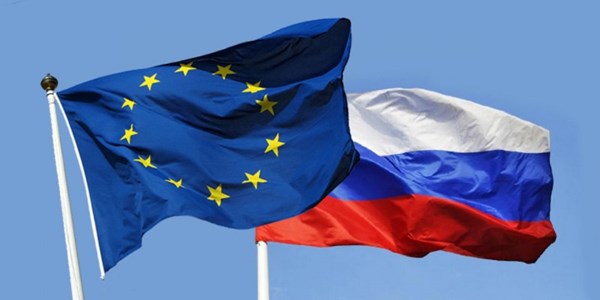Europe clamps down on wealthy Russians
European banks have tightened supervision of the accounts of Russian clients ahead of the transition to the new standards of financial information exchange stipulated by the Organization for Economic Cooperation and Development (OECD), RBC news agency reports with reference to bankers and lawyers involved.
The transition to the new standards of financial information exchange is carried out in two stages. The first stage has already been completed, with around 100 countries involved in creating the system. Other countries, including Russia will be joining the system in the second stage.
The second stage should be completed before September 30, 2018. Membership in the system obliges financial institutions to exchange financial information such as taxes, accounts of non-residents and so on.
The system is aimed at combating tax evasion. The main risk for many Russian customers of European banks is the requirement to substantiate sources of income, for which banks have begun to request information. Now, the tax authorities of different countries may require additional documents about the account holders.
If the client is not able to prove the origin of money, the bank is entitled to limit transactions for its accounts or set a higher account maintenance fees. Special attention will be paid to the client’s tax status. One cannot simply come to the bank with a new passport and rely on a long-standing friendship with the banker, the newspaper notes.
In early January, about 700 Russians bought Maltese citizenship in anticipation of such restrictions. Russian businessmen made the move to minimize their taxes using Malta’s favorable tax policies.
